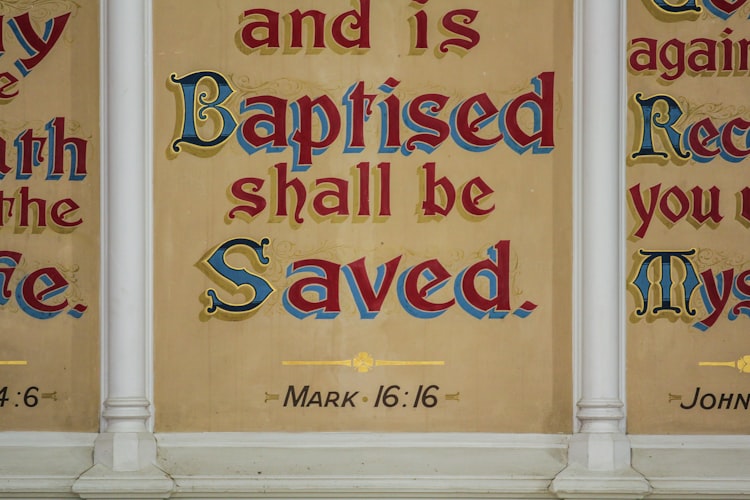Revelation from God may make you angry...and that’s a good thing.
Thoughts on Ezekiel 2 and 3
In Ezekiel 2—3, while Ezekiel is entranced in a vision of God’s glory, he is commissioned to go to his people and speak the words of God. He is to literally ingest God’s words (he eats a scroll!), have them become part of his very body, and then speak, “Thus says YHWH.”
The vision ends. The Spirit drops Ezekiel back off with his fellow exiles. And Ezekiel’s response? He is “bitter and full of fury.” One translation says he is “in the heat of rage.”
This response hardly seems appropriate. Ezekiel, you just saw the very glory of God, you had the most epic worship experience of all time—how can you be angry?
In our culture, both anger and its sibling grief are often repressed and looked down upon. The only thing worse than Public Displays of Affection are Public Displays of Rage. Or crying. Crying in public—can you imagine!?
And, honestly, things may not have been that different along the Chebar River where Ezekiel and his fellow exiles lived. When Ezekiel returns from his vision, it says that he “caused consternation [literally: desolation] among” his neighbors. The word used could mean they’re appalled, stunned, or horrified. And of course they are. Here’s this washed-up priest, an exile among exiles, claiming he’s seen God, and yet’s pissed off and bitter.
But we need to be open to the idea that a revelation from God may require our anger, rage, or bitterness.
And we may need to frustrate our neighbors in the process.
When God reveals to us the horrors of police brutality; the deadliness of capitalism; the violence of male-dominated structures; the oppression of white supremacy; the toxicity of anti-queerness—then the only appropriate response is rage. Rage and anger that causes consternation among our neighbors and (as we’ll see later in Ezekiel 3) may even get us locked up.
Now what we do with this anger is where we can sometimes get into trouble.
If we stuff it down, we wither from the inside. If we act thoughtlessly, we create something worse than what made us angry in the first place.
But you know what else enables harm, oppression, and neglect? Apathy.
Anger supporting justice is better than apathy maintaining the status quo.
But if anger can become the fuel to create something beautiful and just—then we just may be following in the footsteps of God.




Comments ()